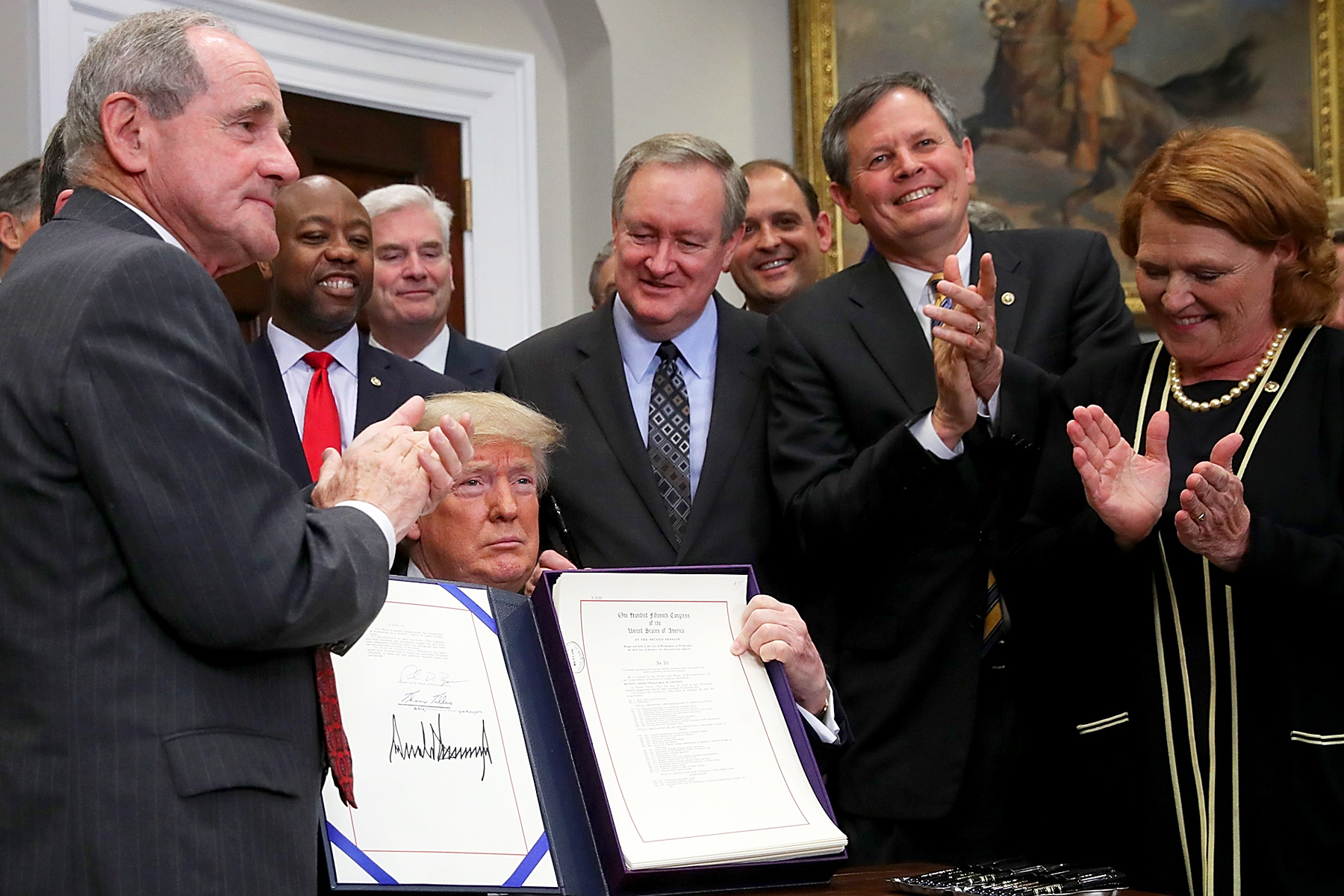Key takeaways:
- Senate Majority Leader Chuck Schumer and Rep. Maxine Waters (D-Calif.) have rid themselves of campaign contributions related to Silicon Valley Bank.
- In 2018, Congress passed a law rolling back some of the oversight and safety requirements placed on banks with assets below $250 billion.
- The Federal Reserve’s interpretation of the law has been seen as overly generous to the banks, raising questions about the role of Congress in the financial crisis.
The collapse of Silicon Valley Bank has prompted Senate Majority Leader Chuck Schumer and Rep. Maxine Waters (D-Calif.) to rid themselves of campaign contributions related to the financial institution. In 2018, Congress passed a law rolling back some of the oversight and safety requirements that it had placed on banks after the Great Financial Crisis. This law applied to banks with assets below $250 billion, which were no longer considered “systemically important” and would receive a lighter touch as a result.
Schumer received $2,700 from the bank’s PAC in 2015, and $5,800 from CEO Greg Becker in June 2021, the maximum donation allowed, according to Federal Election Commission filings. Becker also made a campaign contribution to […]
The Federal Reserve, stocked at that point with Trump appointees, then moved to interpret the laws with generosity towards the banks. Silicon Valley Bank, for example, would be in a class of banks receiving quarterly liquidity stress tests, rather than the more stringent annual tests.
The collapse of Silicon Valley Bank has raised questions about the role of Congress in the financial crisis. While the law passed in 2018 was intended to provide relief to smaller banks, the Federal Reserve’s interpretation of the law has been seen as overly generous to the banks. It remains to be seen whether Congress will take further action to ensure that banks are held to a higher standard of oversight and safety.



Be First to Comment